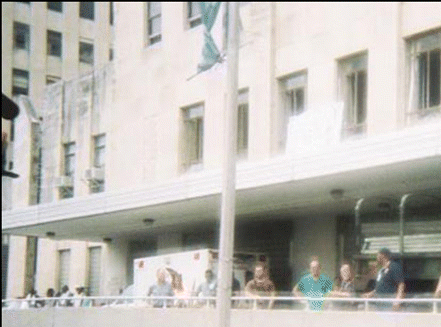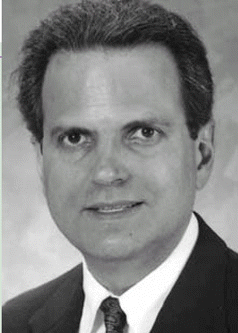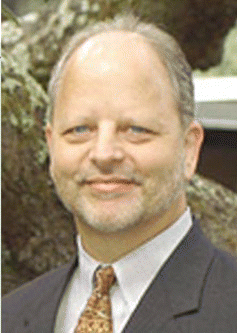In late August of 2005, many of us watched from the relative safety of our homes and offices as Hurricane Katrina wrought havoc and devastation all along the Gulf coast. However, many otolaryngologists–head and neck surgeons found themselves in the thick of things, caring for the sick and injured and trying to keep tabs on friends and colleagues. Daniel Nuss, MD, Otolaryngology Chair at Louisiana State University School of Medicine, and Ronald Amedee, MD, Assistant Dean for Graduate Medical Education and Otolaryngology Chair at Tulane University School of Medicine, shared some of the challenges their schools and departments have faced as a result of Hurricane Katrina with ENToday.
Explore This Issue
June 2006Hurricanes are not uncommon in the New Orleans area. It was only after Hurricane Katrina had moved through the area that the degree of loss and destruction became apparent. Dr. Nuss commented, “We’re still reeling. This has been an earth-shattering and life-changing event for everyone involved. Nobody could imagine, I think, what Hurricane Katrina did to this area.”

A “War Zone” Experience
In the days following the hurricane, there was no electricity for lights or air conditioning, while temperatures soared over 100 degrees. There was a limited amount of safe drinking water, and some medical personnel resorted to giving themselves IV’s to remain hydrated enough to continue patient care. The flooding had rendered most medical facilities either inaccessible or structurally unsafe, so field hospitals were hastily erected to care for the sick and injured. The flooding also destroyed stores of medical supplies, and there were no means immediately available for replacement items. Dr. Nuss described this period as, “a war zone type experience, absolutely desperate conditions.”
Physicians and residents of all specialties were called upon during this time to provide all types of general medical and emergency care. However, there were some specific otolaryngology–head and neck emergencies. Dr. Nuss described several instances of drastic, life-threatening head and neck infections in previously healthy individuals. These were the result of minor lacerations, but because of the lack of immediate access to emergency care, and no clean water or antibiotics, they developed into major infections, which in some cases ultimately required radical surgery to address.
“I’ve never learned more in my life about what I’m capable of doing, what other people are capable of doing. We’ve proven that, collectively, we can solve anything.” – Ronald Amedee, MD
One Resident’s Story
When the evacuations began, Katie Wasylik, MD, fifth year resident (PGY-5) at Tulane, was among those who stayed behind. She elected to remain at Charity Hospital in New Orleans so the junior resident, a 49-year-old divorced mother of four, could evacuate with her children. Dr. Wasylik attached only one condition to this offer—that her dog, Puck, be evacuated with the family.


Leave a Reply